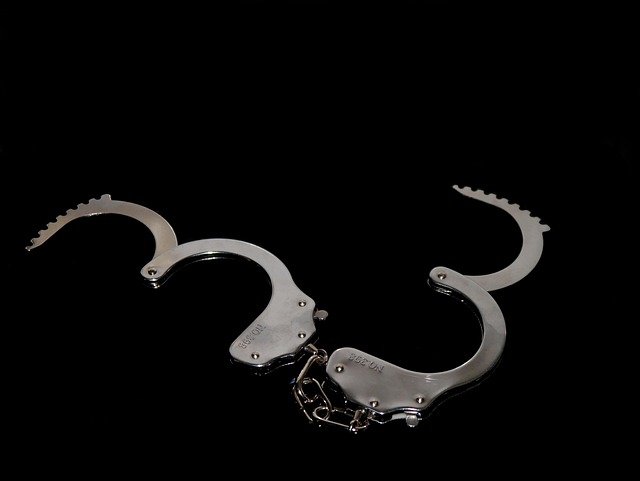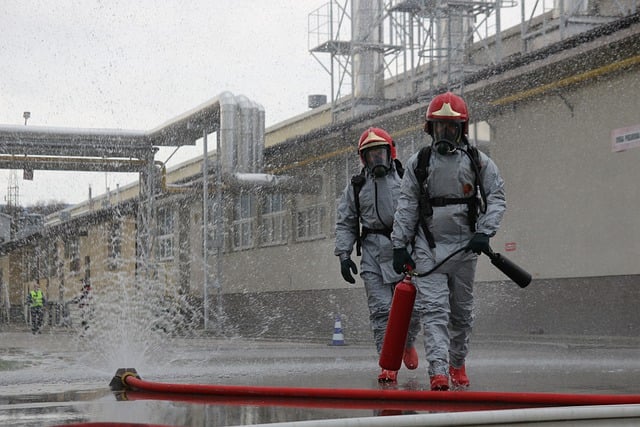Criminal Background Check: What It Covers and How It’s Used
A criminal background check is a routine screening tool used by employers, landlords, and organizations to review a person’s history for convictions, pending charges, and related records. It helps decision-makers assess risk, verify information, and comply with legal or regulatory requirements. Understanding what these checks include, their limits, and how they affect privacy and fairness can help individuals and organizations use them appropriately.

What is a background check?
A background check is a process that compiles information about an individual from public records, databases, and sometimes private sources. Checks vary by purpose: some focus narrowly on criminal history, while others include identity verification, employment and education verification, professional licenses, credit history, and reference checks. The scope often depends on the requestor’s needs and applicable law. Background checks should follow legal standards such as consent requirements and restrictions on reporting certain records.
What shows on a criminal record?
A criminal record typically contains arrests, charges, convictions, sentencing details, and court outcomes. Not every contact with law enforcement appears on a criminal record; records depend on jurisdiction, record retention rules, and whether charges were filed or convictions entered. Some jurisdictions allow sealing or expungement of older or resolved matters, which affects what employers or background screening services can lawfully report. Accurate matching requires correct personal identifiers to avoid reporting the wrong person’s history.
How do background checks affect employment?
Background checks are commonly used in employment to verify qualifications and assess potential workplace risk. Employers may screen for criminal record details relevant to job duties, especially where roles involve vulnerable populations, financial responsibilities, or security-cleared environments. Laws such as fair hiring practices, “ban-the-box” policies, and anti-discrimination statutes limit how and when employers can use criminal history in hiring decisions. Employers should evaluate relevance, consider the severity and recency of offenses, and document consistent hiring policies to reduce legal risk.
How background checks support security procedures
In security-sensitive contexts, background checks are part of broader security policies to protect assets and people. Screening may be mandatory for positions with access to secure facilities, classified information, or critical infrastructure. Beyond criminal checks, security screening can include identity verification, credit checks, and continuous monitoring for changes in status. Organizations should balance thorough screening with data protection, ensuring that collected information is stored securely and accessed only by authorized personnel.
How background checks relate to personal safety
Individuals and organizations use background checks to promote safety when forming close relationships, hiring caregivers, or renting property. While a background check can reveal past convictions that raise concerns, it is not a guarantee of future behavior. Safety considerations should include multiple factors: reference checks, in-person interviews, ongoing oversight, and risk mitigation strategies. Relying solely on a criminal record can overlook context and rehabilitation, so checks should be part of a broader assessment.
Conclusion
Criminal background checks are useful tools for verifying history and managing risk in employment, security, and housing decisions, but they have limits. Legal protections, data accuracy, and relevance must guide their use. Organizations and individuals should apply checks consistently, respect privacy laws, and interpret results with attention to context and fairness to make informed, balanced decisions.






